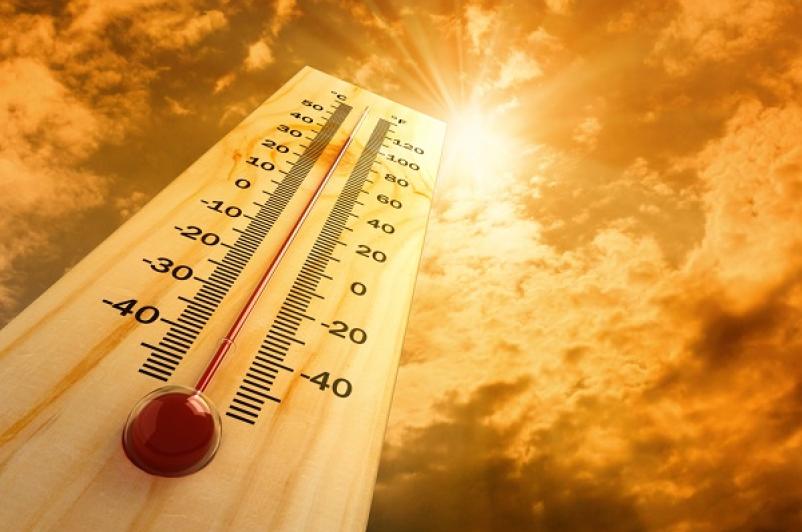

Protect yourself from the dangers of extreme heat
September 05, 2023
For many people, warm weather is a time for fun-filled outdoor activities. However, hot weather and outdoor activities don’t always mix well, especially during periods of extreme heat. Extreme heat can cause people to suffer from heat-related illness, and even death. People suffer heat-related illness when their bodies are unable to properly cool themselves.
To find a cooling spot near you, click here. Make sure to choose the County you live in to see a full list.
UHS is encouraging the following precautions in response to the hot weather conditions in our area this week:
- Avoid strenuous activity in hot or humid weather.
- Wear a broad-brimmed hat and light-colored clothing in the summer.
- Take time to get used to a new climate before being very active or staying in the sun.
- Drink plenty of water whenever you spend a lot of time in the sun or in a hot environment.
- Be aware of how your body reacts to intense sun and high temperatures, and plan accordingly.
- Stay out of the hot sun, limit exposure, and wear a hat if working in intense sun.
- Wear light-colored, loose-fitting clothing in hot weather.
- Drink extra water when you sweat, even if you aren't thirsty.
- Open windows, or use a fan or air conditioner to improve air circulation.
- Limit food intake to small meals, and limit alcohol intake and activity when it is very hot or when you're not used to a hot climate.
But remember, hot days are not the time to push yourself. It’s important to know the signs and symptoms that appear when you've been experiencing too much heat.
Symptoms of heat exhaustion:
- headaches
- heavy sweating
- cold, moist skin, chills
- dizziness or fainting (syncope)
- a weak and rapid pulse
- muscle cramps
- fast, shallow breathing
- nausea, vomiting or both
If you think someone has heatstroke, call 911 or a doctor immediately. In the meantime, give first aid as follows:
- Move the person to a shady area.
- Remove the person's clothing.
- Cover the person with a wet sheet, and keep the sheet wet for cooling from evaporation.
- Fan the person with paper or an electric fan (preferably not cold air).
- Sponge down the body, especially the head, with cool water.
- Continue first aid until the rectal temperature drops to 101 degrees F, or until the body feels cool to the touch.
- If the person is conscious, let them sip water, fruit juice, or a soft drink.
To learn more about avoiding the dangers of extreme heat, click here.

